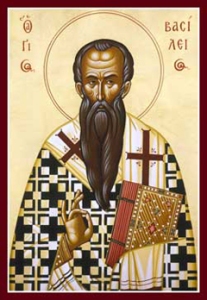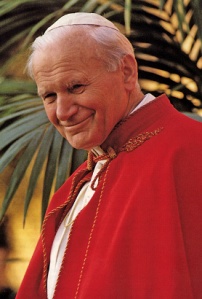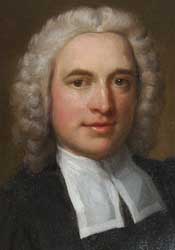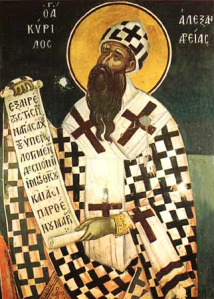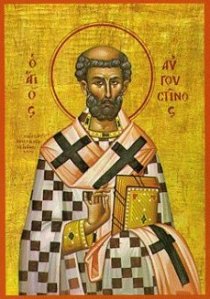 He was not that Light, but was sent to bear witness of that Light. That was the true Light, which lighteth every man that cometh into the world (John 1:8-9).
He was not that Light, but was sent to bear witness of that Light. That was the true Light, which lighteth every man that cometh into the world (John 1:8-9).
Wherefore then did he [St John the Baptist] come? “But that he might bear witness concerning the light.”
Why so? “That all might believe through him.” And concerning what light was he to bear witness? “That was the true light.”
Wherefore is it added true? Because an enlightened man is also called a light; but the true light is that which enlightens.
For even our eyes are called lights; and nevertheless, unless either during the night a lamp is lighted, or during the day the sun goes forth, these lights are open in vain.
Thus, therefore, John was a light, but not the true light; because, if not enlightened, he would have been darkness; but, by enlightenment, he became a light.
For unless he had been enlightened he would have been darkness, as all those once impious men, to whom, as believers, the apostle said, “Ye were sometimes darkness.”
But now, because they had believed, what?—“but now are ye light,” he says, “in the Lord” (Eph. 5:8).
[…] And thus “he was not that light, but was sent to bear witness of the light.” But where is that light? “He was the true light, which lighteth every man that cometh into the world.”
If every man that cometh, then also John. The true light, therefore, enlightened him by whom He desired Himself to be pointed out.
Understand, beloved, for He came to infirm minds, to wounded hearts, to the gaze of dim-eyed souls. For this purpose had He come.
And whence was the soul able to see that which perfectly is? Even as it commonly happens, that by means of some illuminated body, the sun, which we cannot see with the eyes, is known to have arisen.
Because even those who have wounded eyes are able to see a wall illuminated and enlightened by the sun, or a mountain, or a tree, or anything of that sort; and, by means of another body illuminated, that arising is shown to those who are not as yet able to gaze on it.
Thus, therefore all those to whom Christ came were not fit to see Him: upon John He shed the beams of His light; and by means of him confessing himself to have been irradiated and enlightened, not claiming to be one who irradiates and enlightens, He is known who enlightens, He is known who illuminates, He is known who fills.
And who is it? “He who lighteth every man,” he says, “who cometh into the world.” For if man had not receded from that light, he would not have required to be illuminated; but for this reason has he to be illuminated here, because he departed from that light by which man might always have been illuminated.
Augustine of Hippo (354-430): Homilies on St John’s Gospel, Tractate 2, 6-7.
